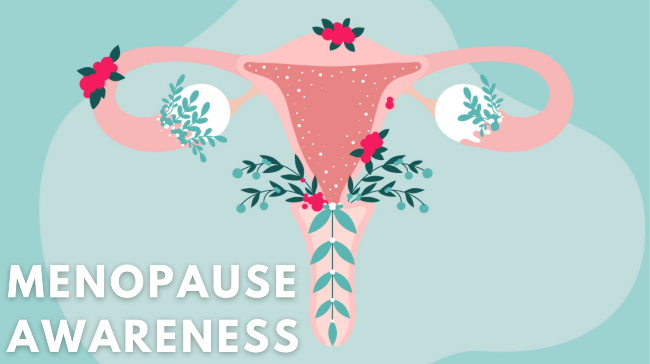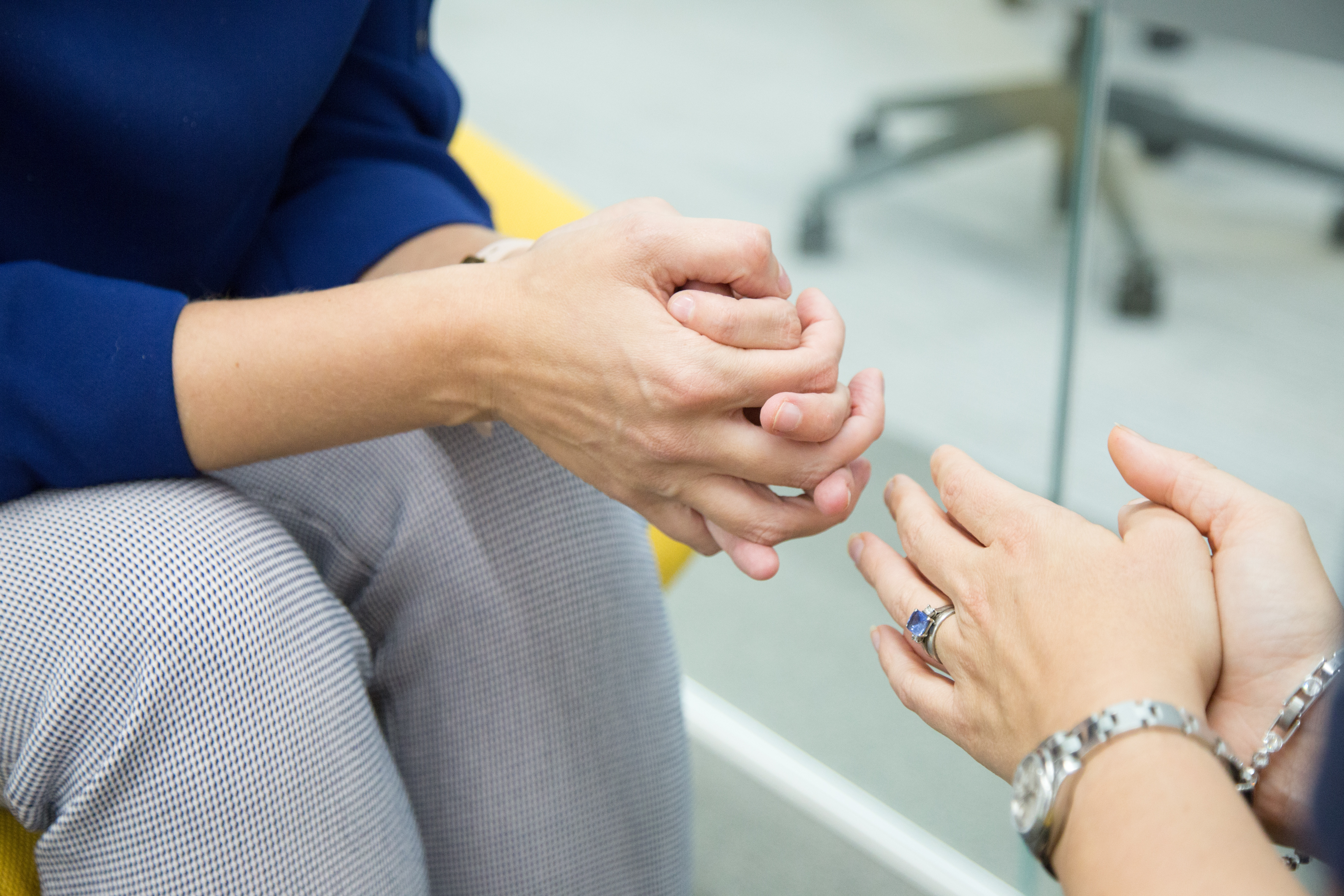
What is the menopause?
The menopause is when a woman stops having periods and is no longer able to get pregnant naturally. It is caused by a change in the balance of the body’s sex hormones, which occurs as you get older. The ovaries stop producing as much of the hormone oestrogen and no longer release an egg each month.
Periods usually start to become less frequent over a few months or years before they stop altogether. Sometimes they can stop suddenly.
The menopause is a natural part of ageing that usually occurs between 45 and 55 years of age, as a woman's oestrogen levels decline. In the UK, the average age for a woman to reach the menopause is 51. But around 1 in 100 women experience the menopause before 40 years of age. This is known as premature menopause, which can occur at any age and in many cases there’s no clear cause.
What are the symptoms?
Most women will experience menopausal symptoms. Some of these can be quite severe and have a significant impact on your everyday activities. These include:
- hot flushes
- night sweats
- vaginal dryness and discomfort during sex
- difficulty sleeping
- low mood or anxiety
- reduced sex drive (libido)
- problems with memory and concentration
Please note that from April 2023, any menopause-related absence can be recorded using the ‘Endocrine and other endocrine disorders’ label in the Reasons for Absence list

What to do if you are struggling with menopausal symptoms
It's worth talking to a GP if you have menopausal symptoms that are troubling you or if you're experiencing symptoms of the menopause before 45 years of age. They can usually confirm whether you're menopausal based on your symptoms, but a blood test to measure your hormone levels may be carried out if you're under 45. Your GP will be able to discuss treatment options with you.
Don't forget that if you need a GP appointment quickly, or would like a second opinion, JLR employees have access to the Aviva Digicare+ App.
Useful links: